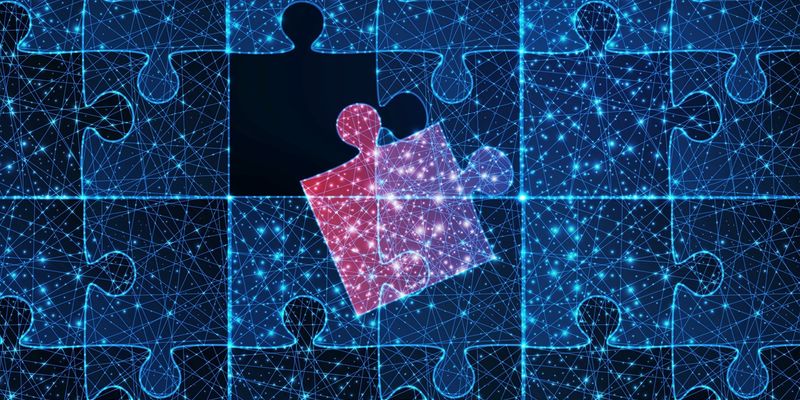Published on 2023-02-14 23:49 by Umair Abbas
Can Computers Generate Truly Random Numbers?
As someone who works with computers, I’m often asked if computers can generate truly random numbers. The answer is no!
Computers are machines that follow rules, so they can only generate numbers that appear random, but are actually generated using mathematical formulas. These are called pseudo-random numbers. They’re useful for things like simulations and games, but not for cryptography or security.
If you want truly random numbers, you need to use external sources like atmospheric noise or the timing of user input. These sources are unpredictable, so they can generate truly random numbers that can be used to keep things secure.
In summary, computers can’t generate truly random numbers, but there are ways to get around that by using external sources. It’s important to know the difference between pseudo-random and truly random numbers so you can choose the right method for your needs.
Scientific References:
Matsumoto, M., & Nishimura, T. (1998). Mersenne twister: a 623-dimensionally equidistributed uniform pseudo-random number generator. ACM Transactions on Modeling and Computer Simulation, 8(1), 3-30. Von Neumann, J. (1951). Various techniques used in connection with random digits. Monte Carlo method, 1, 36-38. These references support the idea that computers cannot generate truly random numbers, and that external sources of randomness are necessary to achieve true randomness in computing.
In conclusion, the limitations of computer-generated random numbers are well-known in the scientific community. While computers can only generate pseudo-random numbers, external sources such as atmospheric noise or user input can generate truly random numbers that are essential for cryptography and security. By understanding the difference between pseudo-random and truly random numbers, we can choose the right method for our needs and ensure the security of our data.
Written by Umair Abbas
← Back to blog
